
As the global demand for gold grows year by year, cyanide gold extraction technology has been widely used in gold ore dressing plants, and a series of efficient gold extraction technologies have been formed, including carbon-in-slurry method, carbon-in-leach method, carbon-column method, magnetic-carbon method and resin adsorption method. These gold extraction technologies can not only improve the gold recovery rate, but also reduce production costs, which has greatly promoted the development of the gold industry. The following article will introduce the characteristics, advantages and applicable gold ore types of these gold extraction processes to help you better understand the cyanide gold extraction process.
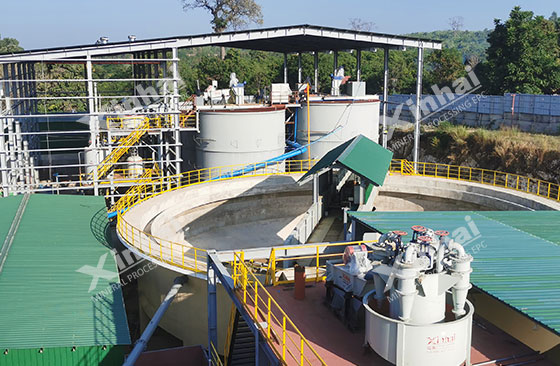
Compared with the traditional zinc replacement method, the carbon slurry method eliminates the need for complex solid-liquid separation and degassing operations, simplifies the mineral processing process and significantly reduces investment costs and operating expenses. The carbon slurry method reduces the loss of gold dissolution and also reduces the consumption of activated carbon. With the improvement of equipment such as linear screens and interstage screens in recent years, the production capacity of the cip method has been further improved, and it has gradually become one of the preferred methods for gold ore dressing plants.
This method can be used to process oxidized gold ore or gold ore with a higher degree of oxidation. It also has a good beneficiation effect in processing quartz vein gold ore, oxidized placer gold ore, and oxidized metal ore.
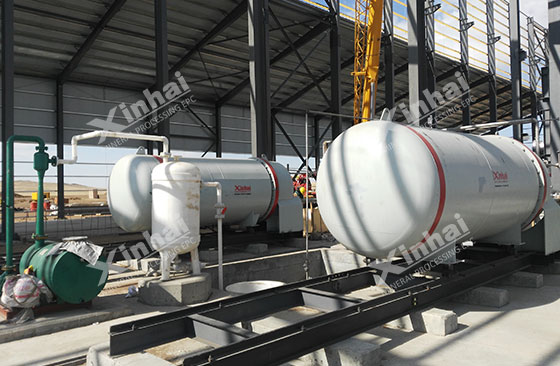
The carbon leaching method is an improved method of the carbon slurry method. Its main feature is that the leaching and adsorption processes are carried out simultaneously. The carbon leaching method can adsorb while leaching during the gold leaching process, which not only shortens the leaching time, but also reduces the number of leaching tanks, thereby reducing infrastructure investment and production costs. Due to the direct adsorption of gold ions during leaching, the carbon leaching method significantly improves the dissolution kinetic conditions of gold. This process is especially suitable for gold ores containing carbonaceous impurities. It can effectively inhibit the re-adsorption of gold, prevent gold from being intercepted by carbonaceous substances, and improve the recovery rate of gold extraction.
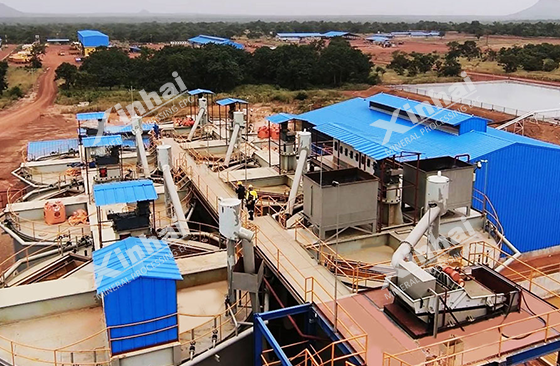
The carbon column method is a widely used gold extraction method in gold heap leaching and other leaching processes, suitable for treating clarified precious liquid. When the gold concentration in the precious liquid is low, gold can be adsorbed by activated carbon columns to achieve gold enrichment. The carbon column method has the advantages of simple operation and low cost, and can be applied to gold extraction from precious liquid with low gold concentration, especially suitable for gold extraction in large-scale heap leaching production processes.
The carbon column method is mainly used to treat low-grade oxidized ores and gold ores in some oxidized weathering zones, such as placer ores, oxidized placer gold ores, etc. The heap leaching process has a low gold extraction efficiency for these ores, while the carbon column method can further recover residual gold in the precious liquid. In addition, when the gold concentration in the precious liquid is low, the carbon column method is also suitable for gold extraction from the leachate after heap leaching and pool leaching.
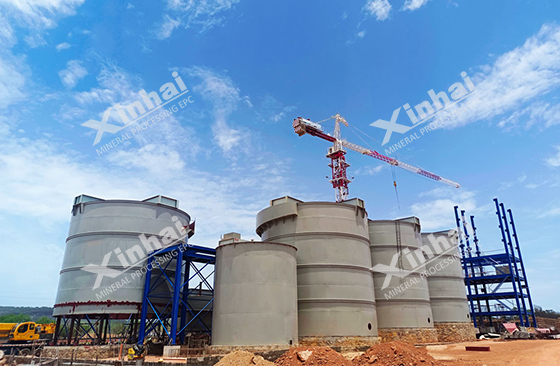
The magchar-in-pulp gold extraction process uses magnetic activated carbon for magnetic separation to separate activated carbon from slurry, thereby effectively reducing gold loss and improving process efficiency. The traditional screening method easily causes the activated carbon to break during the stirring process, resulting in the loss of fine activated carbon particles and increasing the loss of gold. The magnetic carbon method separates activated carbon by magnetic separation, which not only reduces the loss of fine carbon particles, but also avoids the contamination of activated carbon by coarse impurities in the slurry. In addition, the magnetic carbon method allows the use of activated carbon with smaller particle size, which speeds up the adsorption rate of gold. At the same time, it can process slurry with coarse particle size, saving grinding costs.
The magnetic carbon method is suitable for processing coarse-grained quartz vein gold ores and slurries that are difficult to screen during high-intensity stirring. It is also suitable for gold ores with high hardness and high sulfidation. These ores usually require strong stirring due to their large particle size or high sulfide content. The magnetic carbon method can effectively improve the gold recovery rate in these cases.
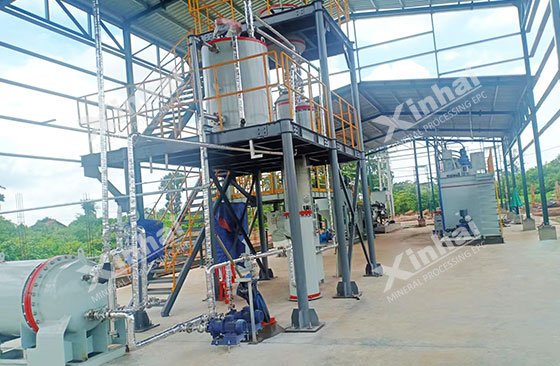
Resin adsorption method is a new process for adsorbing gold directly from slurry. Resin adsorption has significant advantages over the traditional carbon slurry method: the resin has a higher adsorption rate and saturated gold loading, is less susceptible to contamination by organic matter in the slurry, and does not require regular heat treatment to restore activity. The resin method can be used in higher concentration slurries, and the volume of the adsorption tank is only 1/5 of the CIP method, saving a lot of equipment investment. Due to these characteristics, the resin adsorption method has become a cost-effective option for gold extraction.
The resin adsorption method has strong adaptability to ores containing complex impurities, such as ores containing harmful elements such as copper and iron. It is suitable for processing low-grade gold ore and high-concentration cyanide slurry, and is particularly effective when processing ores with complex compositions such as copper-containing gold ore and iron-containing ore. At the same time, due to the resin's high tolerance to organic matter, it is suitable for processing some ores with complex slurry composition and easy contamination of activated carbon.
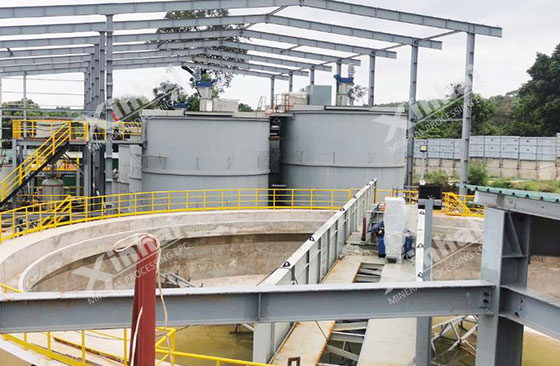
New progress in cyanidation gold extraction technology has greatly improved the efficiency and economy of gold ore dressing. The innovation and improvement of carbon-in-slurry method, carbon-in-leach method, carbon-column method, magnetic carbon method and resin adsorption method enable it to adapt to the needs of different types of gold ores. By rationally selecting and combining these processes, gold production can be carried out more efficiently and at a lower cost, laying a solid foundation for the future development of the gold industry.
To find out more about our products and solutions, please fill out the form below and one of our experts will get back to you shortly.